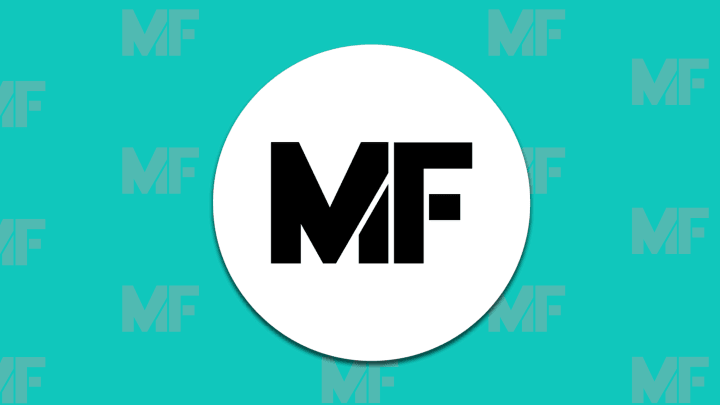by Albena Shkodrova/Latitude News
Antoine Vervaeke with pallets of flax. Image credit: Albena Shkodrova
Dollars probably matter more to Antoine Vervaeke than any other person in Europe. Vervaeke’s company provides the linen fibers — flax — that go into the U.S. dollar bill.
It’s a deal that’s been in place since 1962, when Vervaeke’s father signed a contract to supply flax to Crane & Co., the Massachusetts firm that manufactures paper for U.S. currency. It might sound odd that the U.S. would use foreign flax in its money. But the crop was not then being grown in the U.S., and Crane needed the fibers to produce more durable paper.
Belgium and flax: a long history
Vervaeke Fibre is the oldest firm in the industry producing flax fibers and the biggest supplier for Crane & Co., Vervaeke said. It doesn’t grow the crop itself, but it locates producers, advises them how to cultivate flax and monitors their work on the fields, eventually processing the fibers and selling them. Its hometown of Kuurne in West Flanders, Belgium, is in the middle of Europe’s traditional flax-growing region. But in recent decades, flax production, which is considered laborious to cultivate and not especially profitable, has dramatically decreased there. The company now gets most of its flax from Eastern Europe.
Initially, Vervaeke Fibre specialized in fibers for textile production; flax, after all, is the major component in linen and other fabrics. But Vervaeke Fibre shifted to making flax for paper in the 1950s, chasing demand from tobacco companies, which used it in cigarette wrapping paper. That business still makes up to 70 percent of Vervaeke’s demand.
The same technique that works for cigarettes also makes dollar bills softer than typical paper and more resistant to tearing. For the same reason, the dollar and a number of other currencies, including the British Pound, are made with 25 percent flax-derived linen and 75 percent cotton. But Vervaeke only supplies flax for U.S. bills.
Crane & Co. confirmed that Vervaeke is “a supplier” of flax for currency paper, but otherwise refused to discuss its partnership with Vervaeke.
No significant American competition
It will be a long time before Vervaeke faces U.S. competition. In the last 15 years, American farmers, primarily in South Carolina, have grown more flax. But there is no “near or even distant future competition for the suppliers to the paper industry,” says Jody Martin, CEO of PCS AgriBiz, a consultancy working on a large-scale flax project in North and South Carolina.
Martin says there is far more demand for flax fibers for textiles in the U.S. than American entrepreneurs can satisfy. He doesn’t see the lack of domestic supply changing for years to come.
Such news would make Antoine Vervaeke happy. Vervaeke says that while the dollar isn’t the biggest part of his business, it means something special to him. His relationship with the dollar started too early in his life to be strictly business, he said. He travels with his family to the U.S. often and describes the feeling of arriving stateside as “coming home.”
“It must have been this partnership that defined it. Besides, I am a post-war child. Everyone knows what the States did for Europe back in those years. It’s a country I just feel related to. And I, at least, will never forget.”
Every now and again, we'll republish a story from our friends at Latitude News. They do good work — check them out! They're on Twitter and Facebook, too.
U.S. Gourmet Raw Food Craze Hits Belgium * Cosmetic Surgery in Afghanistan * California, Australia on the New Frontier of Conservation *What is Latitude News?
